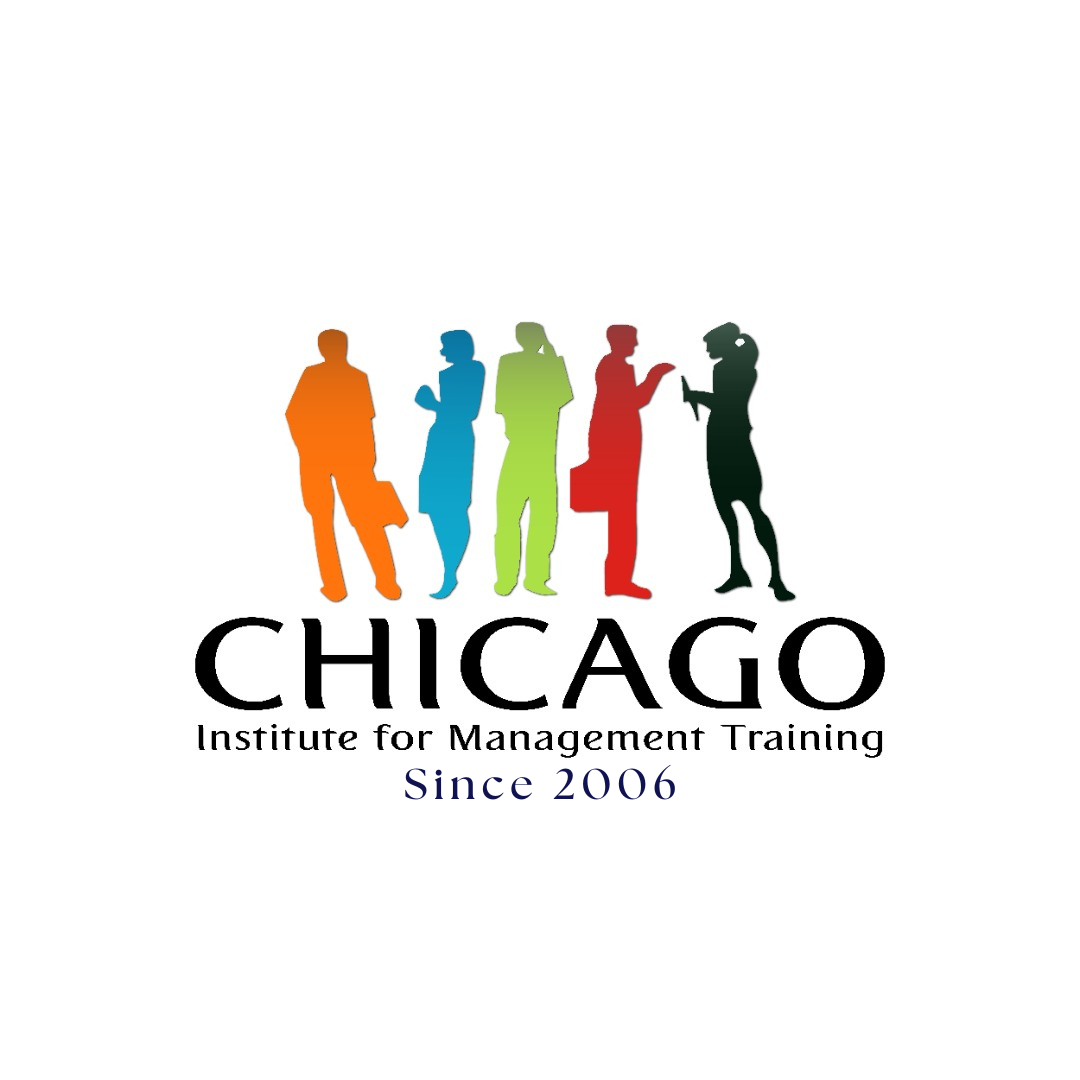Curriculum
- 8 Sections
- 24 Lessons
- 40 Hours
Expand all sectionsCollapse all sections
- Leadership and Communication3
- 1.1Team Management: Ability to lead maintenance, operations, and administrative teams effectively.
- 1.2Stakeholder Communication: Engaging with executives, tenants, contractors, and staff to align facility goals with organizational objectives.
- 1.3Conflict Resolution: Resolving disputes, whether between tenants or during project execution.
- Strategic Planning and Decision-Making3
- 2.1Facility Operations Management: Efficiently managing day-to-day operations, including HVAC, electrical systems, and cleaning services.
- 2.2Resource Allocation: Prioritizing budgets and resources to meet operational needs and strategic goals.
- 2.3Business Continuity Planning: Ensuring facilities remain operational during disruptions, such as natural disasters or power outages.
- Financial Management3
- 3.1Budgeting and Cost Control: Developing and managing budgets for facility maintenance, repairs, and upgrades.
- 3.2Life Cycle Cost Analysis (LCC): Evaluating the total cost of ownership for assets and making data-driven investment decisions.
- 3.3Contract Management: Negotiating and managing vendor and service contracts.
- Operations and Maintenance3
- 4.1Preventive Maintenance: Implementing schedules to avoid costly repairs and ensure equipment reliability.
- 4.2Energy Management: Optimizing energy usage to reduce costs and environmental impact.
- 4.3Safety Compliance: Maintaining compliance with local building codes, fire regulations, and workplace safety standards.
- Sustainability and Environmental Management3
- Technology and Data Management3
- 6.1Facility Management Software (FMS): Using software to manage assets, maintenance schedules, and space utilization.
- 6.2Building Automation Systems (BAS): Managing smart systems to control lighting, HVAC, and security systems.
- 6.3Data Analysis: Using data to improve efficiency, track performance, and forecast facility needs.
- Risk and Crisis Management3
- 7.1Emergency Preparedness: Developing and testing evacuation plans and disaster response strategies.
- 7.2Risk Assessment: Identifying and mitigating potential hazards to people, property, and operations.
- 7.3Insurance and Liability Management: Ensuring adequate insurance coverage and reducing liability risks.
- Compliance and Legal Knowledge3
- 8.1Lease Agreements and Real Estate Law: Understanding lease terms, tenant obligations, and property management principles.
- 8.2Occupational Safety and Health Administration (OSHA): Ensuring workplace safety standards are met.
- 8.3Accessibility Requirements: Complying with laws like the Americans with Disabilities Act (ADA).
Requirements
- Basic understanding of facility management principles
- Previous experience in a facility management role or related field (preferred, but not mandatory)
Target audiences
- Aspiring and current facility managers
- Professionals seeking to transition into facility management
- Building operations staff
- Maintenance supervisors
- Individuals interested in learning the essentials of effective facility management
